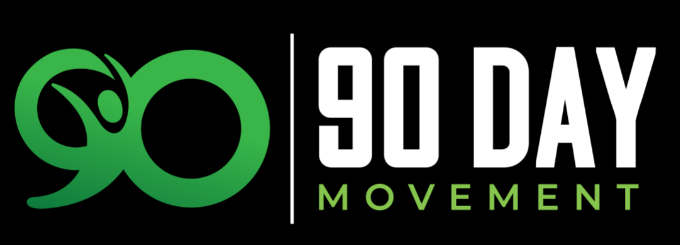Once people start making exercise a habit their hunger increases. Your body starts burning more energy and stimulating hunger hormones. Post-workout hunger makes people think they can start outworking a bad diet. Many people tend to reward themselves with rich foods and large portions after exercising. They eat back all the calories they lost at the gym. A small snack or a filling meal after working out should be okay.
Outworking A Bad Diet.
Losing weight or living healthy is not a matter of just eating fewer calories. There are many factors that could lead to weight loss. These factors include genetics, sex, health status, and socioeconomic situation. Creating a caloric deficit is one of the ways to lose weight. Many people achieve a calorie deficit in two ways. Firstly, they can cut down the calories they receive through food, known as dieting, eating less than your body can burn. Secondly, people may exercise more. These two methods do work. It is advisable to eat in a caloric deficit. However, a study showed that aerobic exercise alone can result in weight loss.
Outworking A Bad Diet Is Unstainable.
Eating anything because you are hitting your exercise goals is not sustainable. Everyone is different, however, being physically fit earns you about 2200 to 4000 calories per day. People who do not exercise much normally burn from 1500 to 2500 calories a day. You can still get away with about 300 to 600 empty calories when you exercise regularly. One or two cheat meals a week should be okay, anything more than that will land you in trouble. In the long run, outworking a bad diet is almost impossible.
Food Is Fuel.
We need to understand that food is our fuel. Not all fuels are created equal. When we give our bodies the right food (fuel) that is packed with vitamins, minerals, and nutrients we will lose weight, build muscles, recovery, and maintain our energy. The wrong fuel for our bodies will cause us to gain fat mass, impair muscles, and restrict recovery. We need to fuel up our bodies with three macronutrients (carbs, fats, and proteins). Once your body is fuelled up well, you will start hitting your exercise goals.
Nutrient-Dense Foods Fuel Your Workouts.
Nutrient-dense foods contain vitamins, minerals, and vital nutrients that the body needs. Examples of nutrient-dense foods are vegetables, fruits, whole grains, seafood, lean meats, and eggs. A calorie is not a calorie. A hundred calories from broccoli are not the same as a hundred calories from a pizza. Firstly, calories from broccoli affect our satiety and appetite than a pizza. Secondly, you will feel fuller by eating broccoli than a pizza. Many people will find it hard not to have a second slice of pizza. The nutrients in our diet make a difference, whether we are trying to lose or maintain weight. Foods that are simple and digested quickly will make us hungrier. Foods like sweets, baked goods, white pasta, and pizza lead us to eat more calories.
Eating junk food or foods with empty calories will hamper your weight loss journey. Drinking sugar-beverages will increase your visceral fat. Visceral fat sits deep within the abdominal cavity. Plenty of visceral fat is linked to heart disease, type 2 diabetes, and some cancers. If you plan to make exercise a habit then you will need tons of fuel from food. Eating junk and non-nutritious foods is a poor source of fuel. Eat healthy carbs, lean protein, and dietary fats to have sustainable energy during the day and your workouts. Outworking a bad diet is a myth in the long run. Eat healthily and exercise to achieve your health goals!
